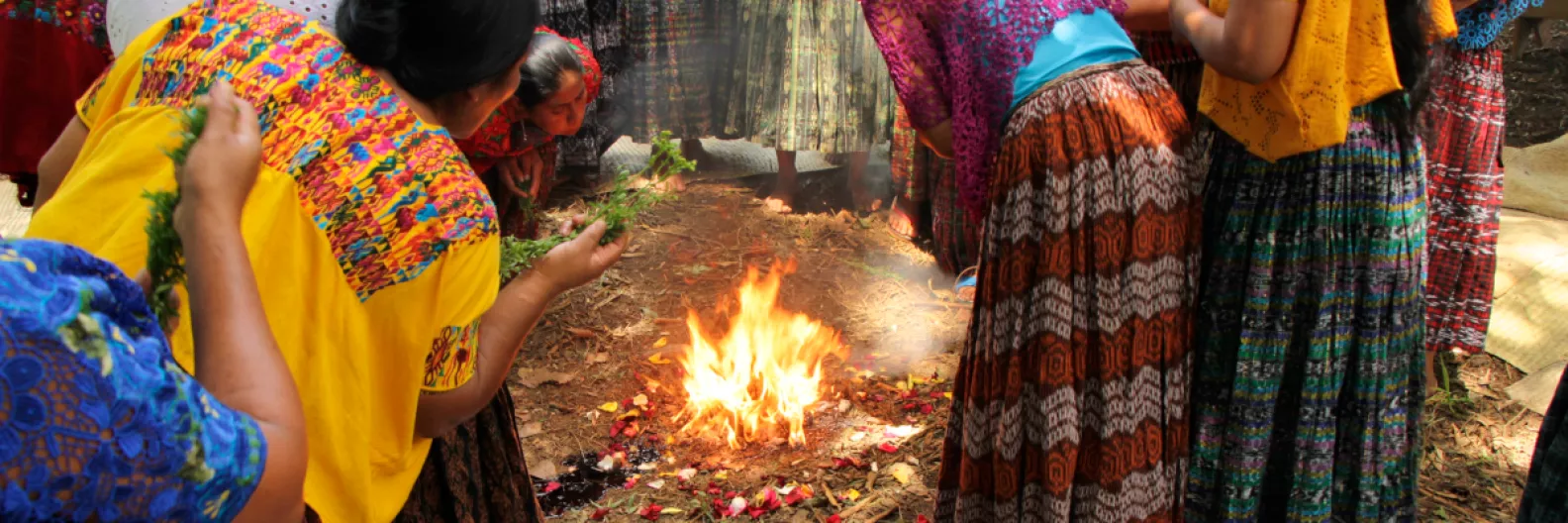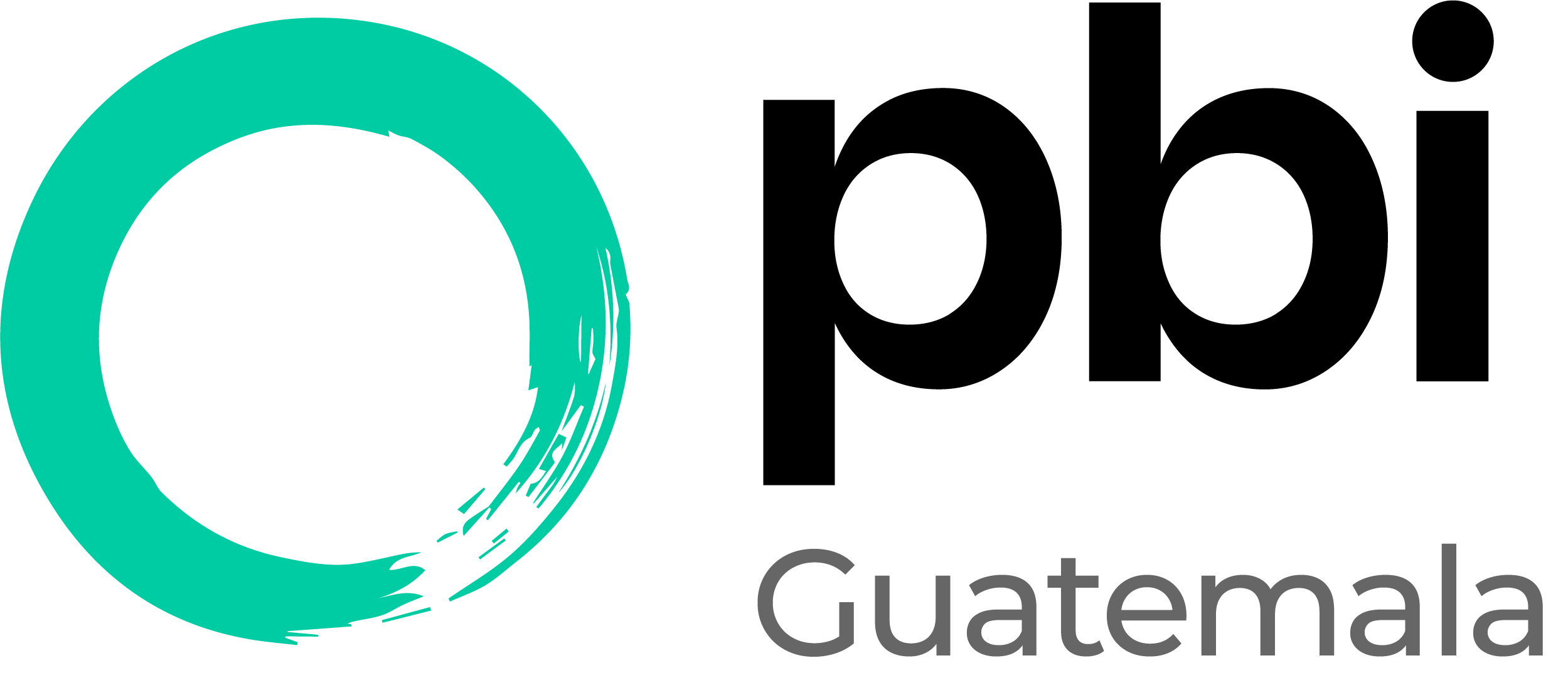
Women human rights defenders are exposed to the same risks as their male counterparts, as well as gender specific risks for their work as women who promote and demand human rights. One of the most serious risks they face is sexual violence, which is used to harm them, their communities, their families, and to weaken their struggles. Sexual aggression include: threatening messages and phone calls of a sexual nature; the use of social networks for this purpose etc. Structural violence and the instrumentalization of women’s bodies in a patriarchal world has been and continues to a constant feature of their lives. This became very evident in Guatemala during the Internal Armed Conflict (IAC) and where violence was manifested with greater force on the bodies of indigenous women. This has been documented in two truth commission reports,1 as well as in emblematic cases such as Sepur Zarco and the Achí Women. In her expert report on sexual violence presented at the case of the December 1982 massacre in Las Dos Erres, María Eugenia Solís García highlighted how the State used sexual violence in a systematic and generalized manner as a form of torture against women and the entire population. The use of sexual violence against women by the state armed forces caused terror and forced displacements that led to the destruction of entire communities and processes of extermination. Sexual violence against women during the IAC in Guatemala was a key element of genocide.
Although the current context has changed, sexual violence continues to be used as a tool of repression and power against women and indigenous communities. Women defenders of land and territory, indigenous women who live in rural areas of the country and who oppose the imposition of mega-projects of all kinds without prior, free and informed consultation with the communities are particularly vulnerable in this regard. They also stand up to the community evictions, which correspond with the economic interests of large landowners or companies. This was the case of the Lote 8 community in El Estor, Izabal. 11 Mayan Q’eqchi women claim to have been raped and sexually assaulted by private security guards from Skye Resources Inc., part of a Canadian mining company Hudbay Minerals, during a series of forced evictions that occurred in the context of a territorial conflict between the indigenous communities and Hudbay Minerals.
The TZK’AT Network of Ancestral Healers of Community Feminism from Iximulew have highlighted how in their experience of working with women from different territories they have seen that the aggressors are often company workers or from private security firms who are armed and have military experience. Their actions are organized, premeditated and aim to demobilize the resistance to their extractive activities. “To attack a girl or a woman involved in territorial defense, or because they are the daughters of leaders, is a direct personal attack. But it also goes beyond that, because it is also an attack on the family, on the community. The mourning is extended to the entire community. The history of women’s bodies in the ancestral territories, reminds them of what happened to the bodies of Mayan women in the context of the counter-insurgent war where sexual violence was used as a strategy, a weapon of war against the bodies of girls and women.” They have observed that the aggressors seek out the daughters of the leaders of the resistances, as a way to attack and demobilize. “This type of violence establishes fear, terror. This is how it worked during the counter-insurgency war and this is how it continues to work within the neoliberalized context of the imposition of extractive industries in Mayan territories. This is what we call territorial sexual violence.”2
The Network of Ancestral Healers, among other activities, accompanies women human rights defenders who are survivors of sexual violence which occurred as a result of their process of seeking justice: “The processes of filing complaints are very hard: the remoteness of communities from the centralized urban areas, the impoverishment of the human rights defenders and their daughters, means access to the judicial institutions is often unattainable. The first obstacles they encounter are in the institutions where women human rights defenders must file complaints, the Public Prosecutor’s Office (MP) and the National Civil Police (PNC). The officers who receive the complaints are generally men and do not speak the Mayan language of the complainants. In addition, victims are rarely given proof of having filed the complaint because their statements were not recorded and there is no official procedure. When victims follow-up, they confirm that the complaints were not registered. This demonstrates how state institutions exercise power based on misogyny and machismo, where racism meets the patriarchal justice system: the discriminatory treatment of women causes re-victimization when they return file complaints, refusing to listen to the details of the case nor taking timely actions.”
Part of the work that we carry out at PBI, is accompanying, on request, women human rights defenders when they file reports, having suffered this type of aggression. On these occasions we have observed situations similar to those identified by the Network of Ancestral Healers: the road is long, risky and women who have been assaulted are often re-victimized. There is a, sometimes insurmountable, language barrier due to the lack of interpreters in the institutions that should receive the complaints. Moreover, there are many challenges when dealing with the MP. The structural poverty experienced by most of the women human rights defenders who wish file a complaints makes it difficult for them to afford the costs of travel and the steps they have to take. In addition, filing a complaint does not guarantee an investigation, much less a criminal prosecution of the aggressor, who generally remains at large and often reoffends. In this way, reporting becomes risky for the complainant and her environment, as the aggressors often benefit from their association with companies or public authorities, they can threaten the victims or offer them bribes in exchange for not reporting or withdrawing the complaint.
The work of accompaniment and support that the Network of Ancestral Healers provides is fundamental in the fight against this violence against women and the resistance in which they and their families participate. But this work also motivates threats against the members of the Network, which is why PBI provides accompaniment to them and remains attentive to their security situation.
1The truth reports carried out in the 1990s are: “Guatemala: Nunca Más” (Guatemala: Never Again), prepared by the Interdiocesan Project “Recovery of Historical Memory” and “Guatemala, Memory of Silence” by the Historical Clarification Commission (CEH).
2All quotes were taken from an interview conducted by an interview conducted by PBI with members of La Red de Sanadoras.
